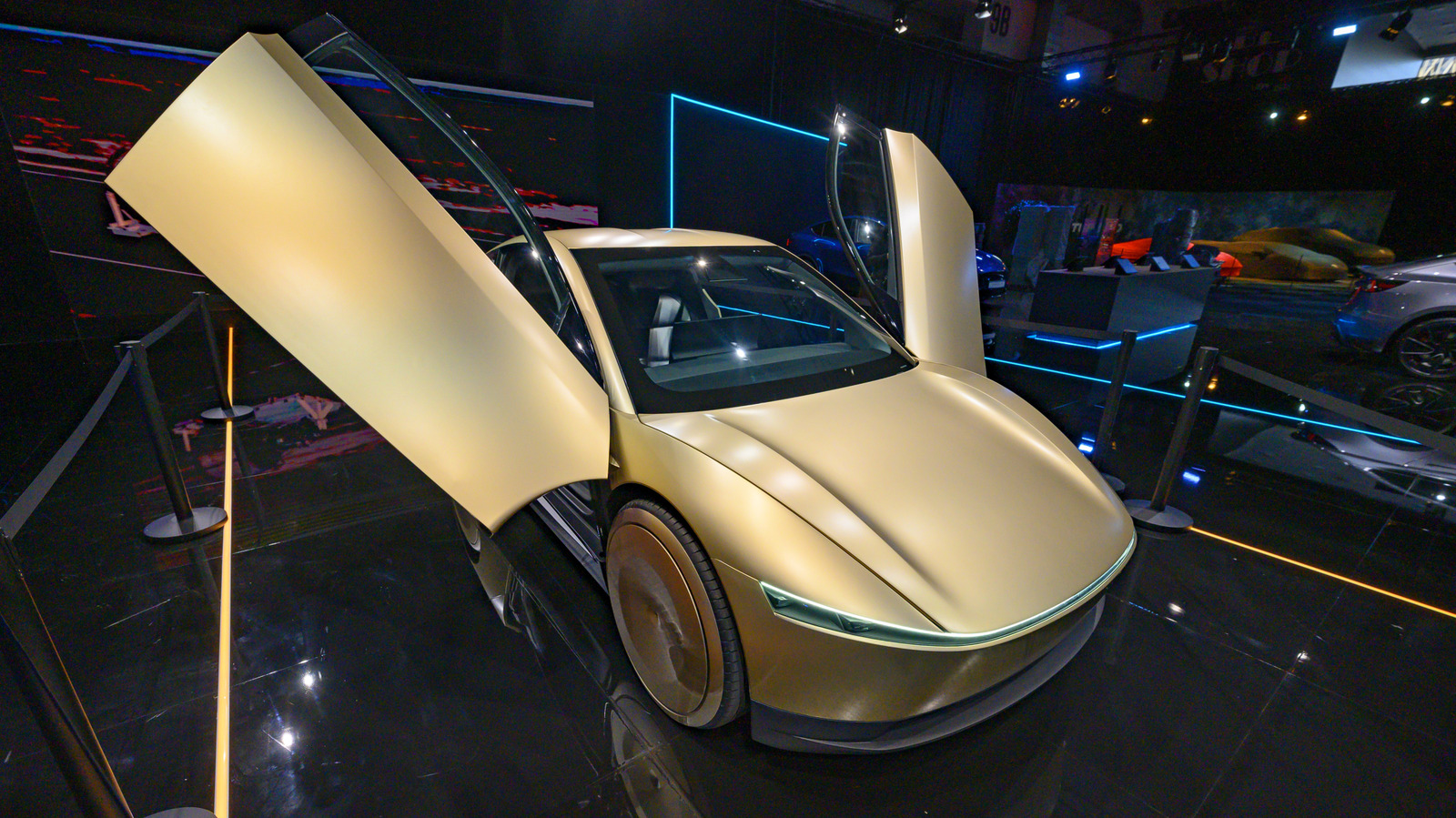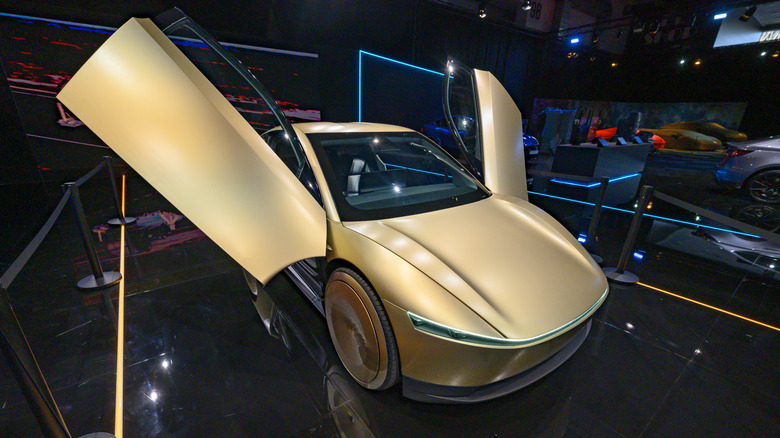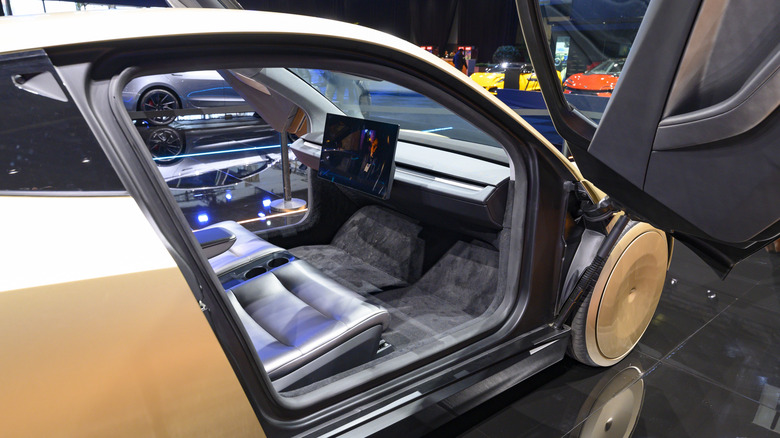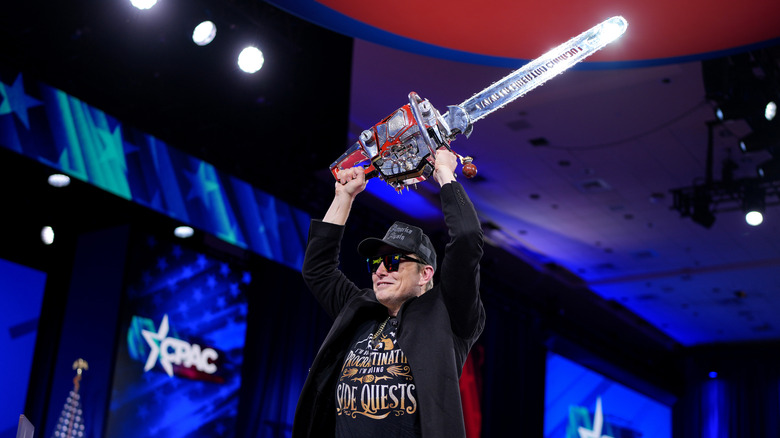If you want to trademark a word or phrase, one of the most important requirements is that it has to be distinctive. Unfortunately for Tesla, the U.S. Patent and Trademark Office apparently doesn’t think “Robotaxi” is unique enough for the automaker to qualify for a trademark on its vehicles. According to TechCrunch, the USPTO just rejected Tesla’s application for being too generic, you know, because it so obviously is. That said, the USPTO reportedly still hasn’t rejected Tesla’s application to trademark “Robotaxi” for the driverless robotaxi service it’s definitely guaranteed, for sure and without a doubt, to launch any time now.
On top of trying to trademark “Robotaxi,” Tesla has also reportedly applied to trademark “Cybercab,” but that one has also ground to a halt, ironically enough, because so many companies offering accessories for the Cybertruck have applied for plenty of “cyber” trademarks of their own. It also applied for two “Robobus” trademarks that are still pending. That said, Tesla’s “Robotaxi” trademark dreams aren’t completely dead. At least not yet. The USPTO issued what’s known as a nonfinal office action that gives the company three months to appeal its decision.
Considering how widely used the term “robotaxi” is as a catch-all for driverless cars you can book for personal trips, as well as Waymo’s entire existence, it’s hard to see the USPTO changing its mind, but you never know. Maybe the automaker’s lawyers can make a convincing case and get the USPTO to reverse its decision.
Merely descriptive
According to TechCrunch, the examiner who evaluated Tesla’s trademark application didn’t find any other established trademarks that would conflict with Tesla’s, but they still rejected the application, saying the term “Robotaxi” is “merely descriptive.” They also said it was “used to describe similar goods and services by other companies,” and that “such wording appears to be generic in the context of applicant’s goods and/or services.”
If Tesla decides to respond, it will need to supply the USPTO with “[f]act sheets, instruction manuals, brochures, advertisements and pertinent screenshots of applicant’s website as it relates to the goods and/or services in the application, including any materials using the terms in the applied-for mark.” It will also have to explain whether any of its competitors use “ROBO, ROBOT, or ROBOTIC to advertise similar goods and/or services.”
It’s chainsaw o’clock
Meanwhile, Tesla’s other “Robotaxi” trademark application — the one still awaiting a decision — sounds even more generic, as it would reportedly apply to “coordinating travel arrangements for individuals and for groups” and “arranging time-based ridesharing services.” The idea that one specific company could own that trademark seems ridiculous.
If there’s one thing Elon Musk hates, though, it’s government agencies not letting him get away with whatever he wants. As Bloomberg reports, the Musk-directed cuts at the federal level won’t actually save taxpayers any real money and are more likely to increase the deficit by $2 trillion. Also, if you notice, despite all the alleged fraud he found, they haven’t actually arrested anyone, even though fraud is literally a crime. But he’s definitely succeeded at taking a chainsaw to the regulators.
Had the USPTO simply let Musk do whatever he wanted, it might have escaped, but now? Maybe we’ll next be saying R.I.P. USPTO.





